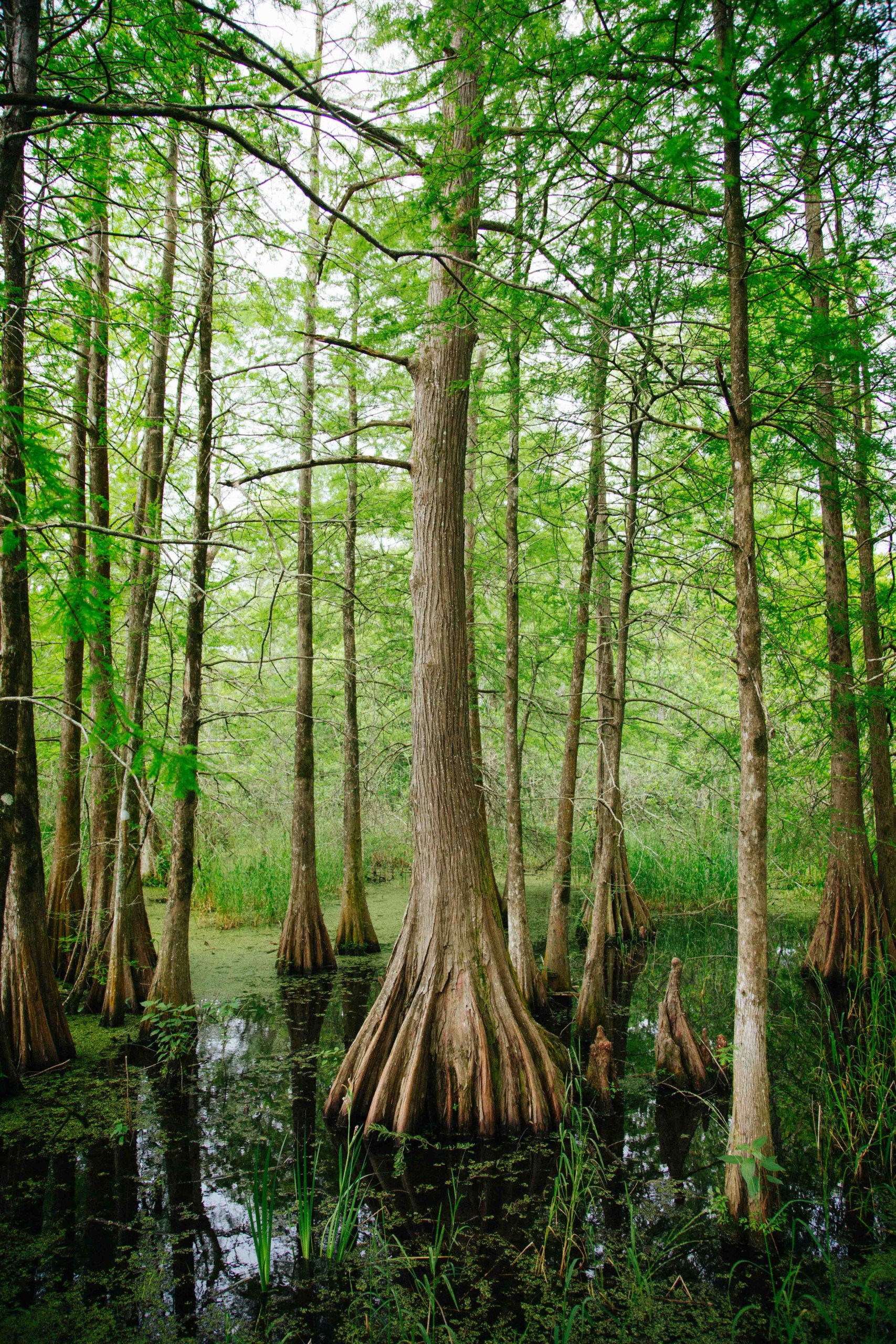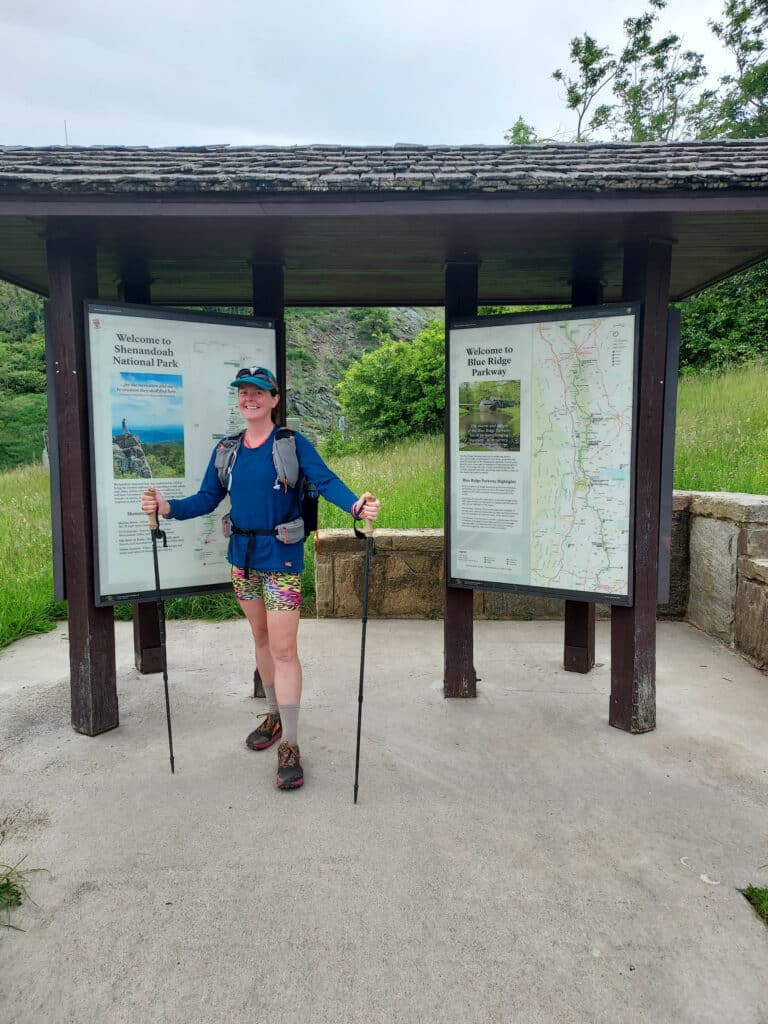Rare tree discovered in North Carolina swamp
A professor from the University of Arkansas has discovered the oldest known bald cypress tree in the world in a North Carolina swamp. The tree is at least 2,624 years old and was dating using nondestructive core samples. The ancient tree is a part of a larger intact ecosystem spanning nearly 65 miles of the Black River and scientists say that older trees may still be out there, waiting to be found. The ancient bald cypress trees that have been tested have given scientists an additional 900 years of climate data in the southeast. They show records of both flooding and drought during colonial and pre-colonial times that have not been seen in modern times.
Nearly all countries agree to reduce plastic waste—except for the United States
Nearly every country in the world, except for the United States, has agreed upon a legally binding framework to reduce pollution from plastic waste. According to the agreement, countries have committed to monitoring and tracking plastic waste once it leaves their borders. Each country will have to determine how they will comply with the agreement and experts say that even the United States and the few other countries that refused to sign may be impacted when their waste is shipped to countries that have agreed to the deal. The agreement will also likely lead to customs agents keeping an eye out for other waste that enters their countries, like electronic and hazardous waste.
New report finds that 96 percent of our national parks have air quality issues
A report released this week by the National Parks Conservation Association found that 96 percent of the country’s national parks have hazardous air quality issues. In 88 percent of the parks, the report found that air quality is hazardous enough to impact sensitive species. Some of the most popular parks in the country like Joshua Tree, Yosemite, Kings Canyon and Mojave national preserve recorded up to two months with dangerous ozone levels last year. In most of the parks, dangerous levels happened in the summer months and corresponded with peak times for visitors. In addition to harming the sensitive species in the parks, bad air quality can negatively impact humans by damaging lungs, exaggerating inflammation and weakening immune systems. Environmentalists worry that the problem will only get worse under the Trump administration, which has overseen an 85 percent drop in pollution enforcement by the EPA.








